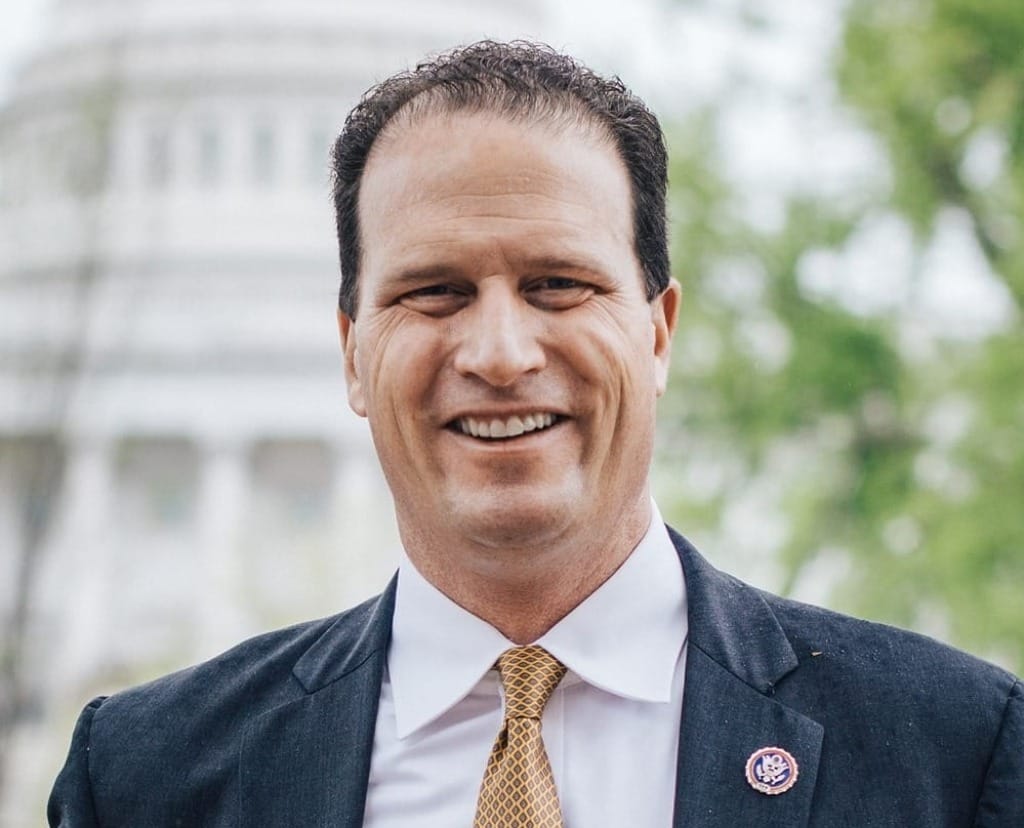Lawmakers Renew Bill to Address Permitting Delays on Federal Lands
The bill comes as state officials push for reforms to environmental and historic preservation permitting rules under BEAD.
Jericho Casper

WASHINGTON, Feb. 18, 2025 – House lawmakers reintroduced bipartisan legislation Thursday to address a significant barrier delaying broadband expansion: Permitting delays on federal lands.
The Federal Broadband Deployment Tracking Act, revived by Reps. August Pfluger, R-Texas, and Darren Soto, D-Fla., would require the National Telecommunications and Information Administration to submit a plan to Congress within 180 days outlining how it will track and expedite broadband permitting applications on public and National Forest System lands.
The bill comes as NTIA oversees the distribution of $42.5 billion through the Broadband Equity, Access, and Deployment program to expand high-speed internet infrastructure nationwide, where permitting delays on federal lands have emerged as a major hurdle.
State officials and broadband providers warn that regulatory roadblocks — particularly environmental and historic preservation rules — could significantly slow BEAD-funded projects.
In a survey of 31 state broadband officers published on broadband.io, multiple state officials overseeing BEAD implementation urged the Trump administration’s NTIA to streamline permitting requirements tied to the National Environmental Policy Act.
“If anything, we would expect new guidance [from the Trump administration] which would possibly streamline regulatory guidance on things like permitting [under NEPA] and labor rules,” one official noted anonymously.
An overhaul of federal environmental and preservation regulations?
Texas Comptroller Glenn Hegar on Feb. 6 took the issue further, calling for an overhaul of federal environmental and historic preservation rules under BEAD. In a letter to the Senate Commerce Committee, he argued that permitting requirements under NEPA and the National Historic Preservation Act should be eliminated or significantly loosened to avoid construction delays.
“These requirements often are seen as outdated, redundant and politicized. Removing requirements may significantly decrease time to deployment and reduce administrative complexity,” Hegar wrote.
Hegar pointed out that unlike BEAD, broadband projects funded under the American Rescue Plan Act and the Capital Projects Fund did not require NEPA reviews — allowing for faster deployment.
The bill’s sponsor, Pfluger, previously highlighted the issue in a December 2024 House floor speech, citing a Government Accountability Office report that found the NTIA frequently exceeds the 240-day deadline for reviewing broadband permitting requests on federal lands.
“Lengthy reviews and fees mean delays of service, leaving ordinary Americans without broadband,” Pfluger said at the time. “This bill enhances government accountability and accelerates broadband deployment.”
The Tracking Act was one of two broadband permitting bills that passed the House in December 2024, just before the 118th Congress adjourned. However, there is no public record that the other bill — H.R. 3293, the Expediting Federal Broadband Deployment Reviews Act — has been reintroduced in the 119th Congress.
The latter bill would go a step further, requiring NTIA to establish an interagency strike force to streamline broadband permitting on federal lands.









Member discussion